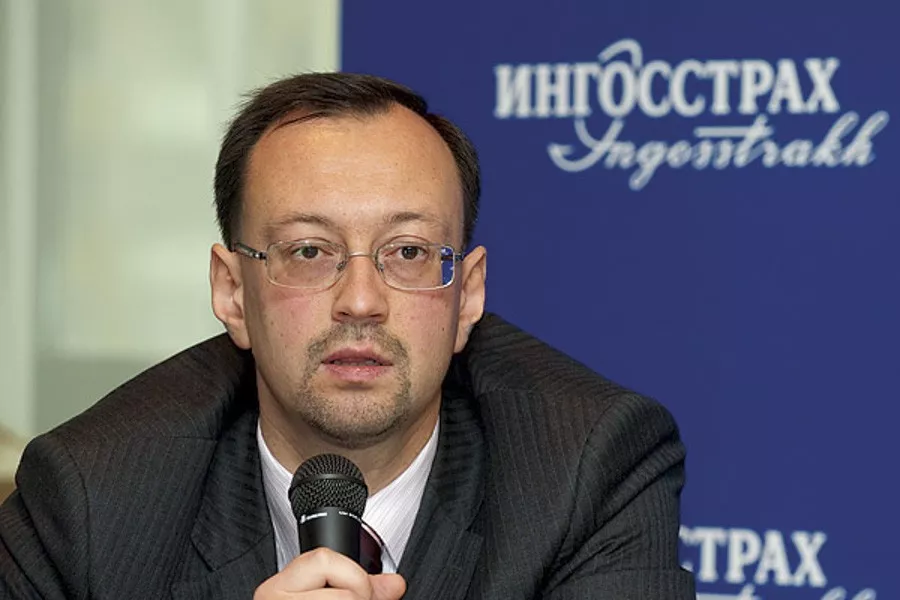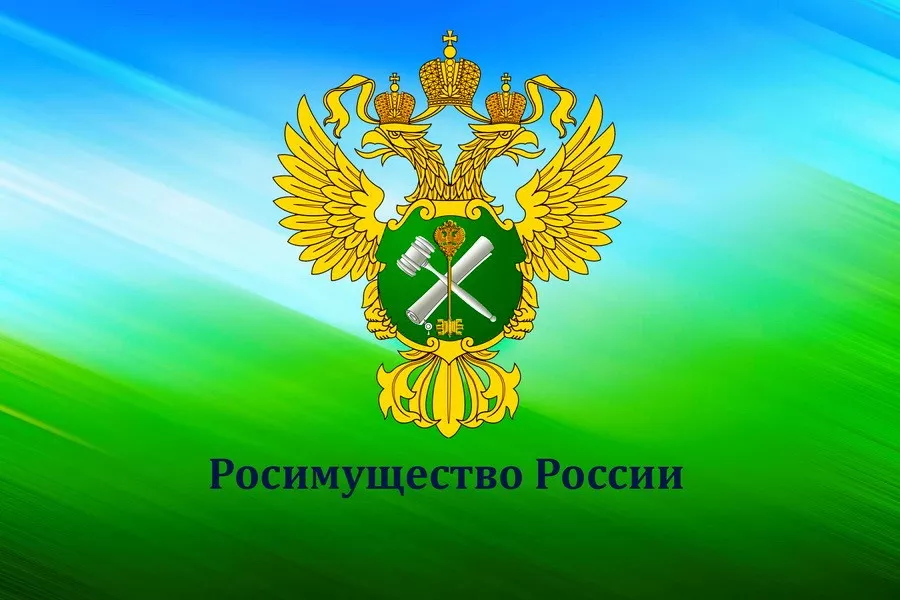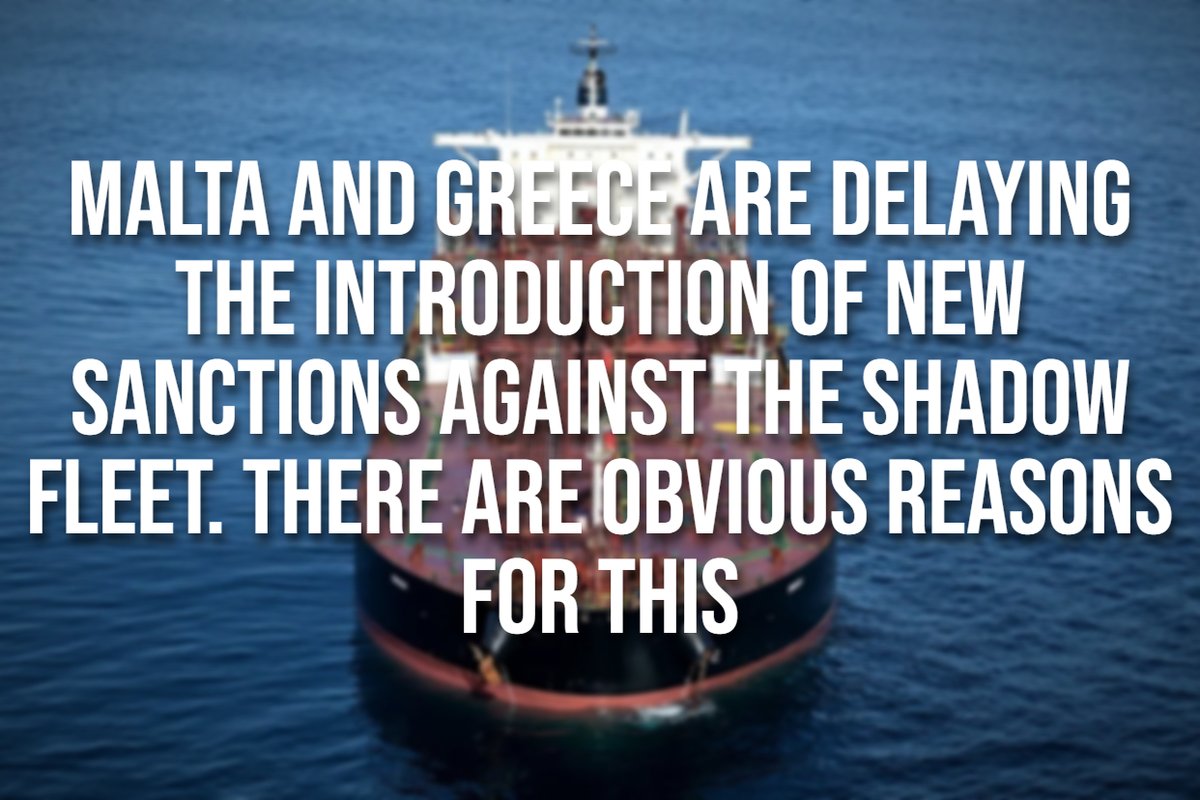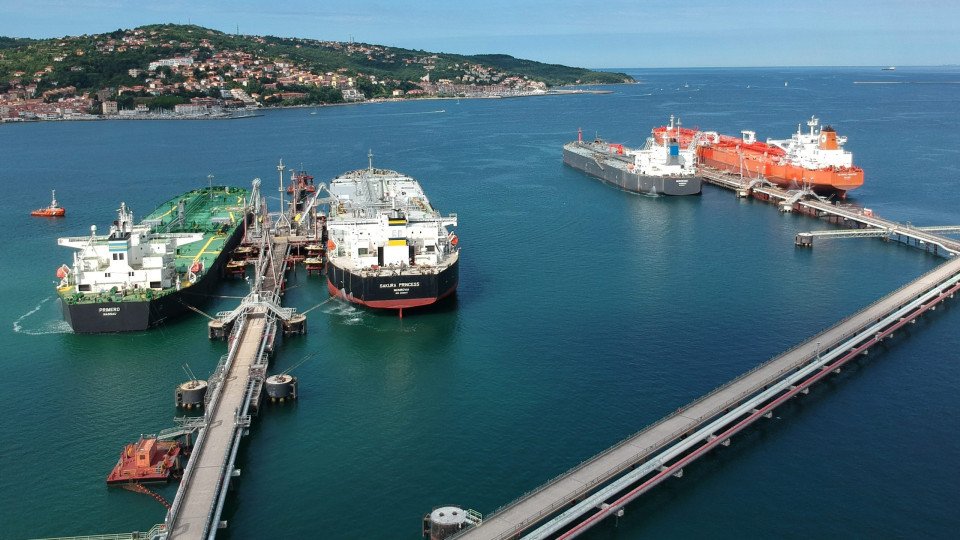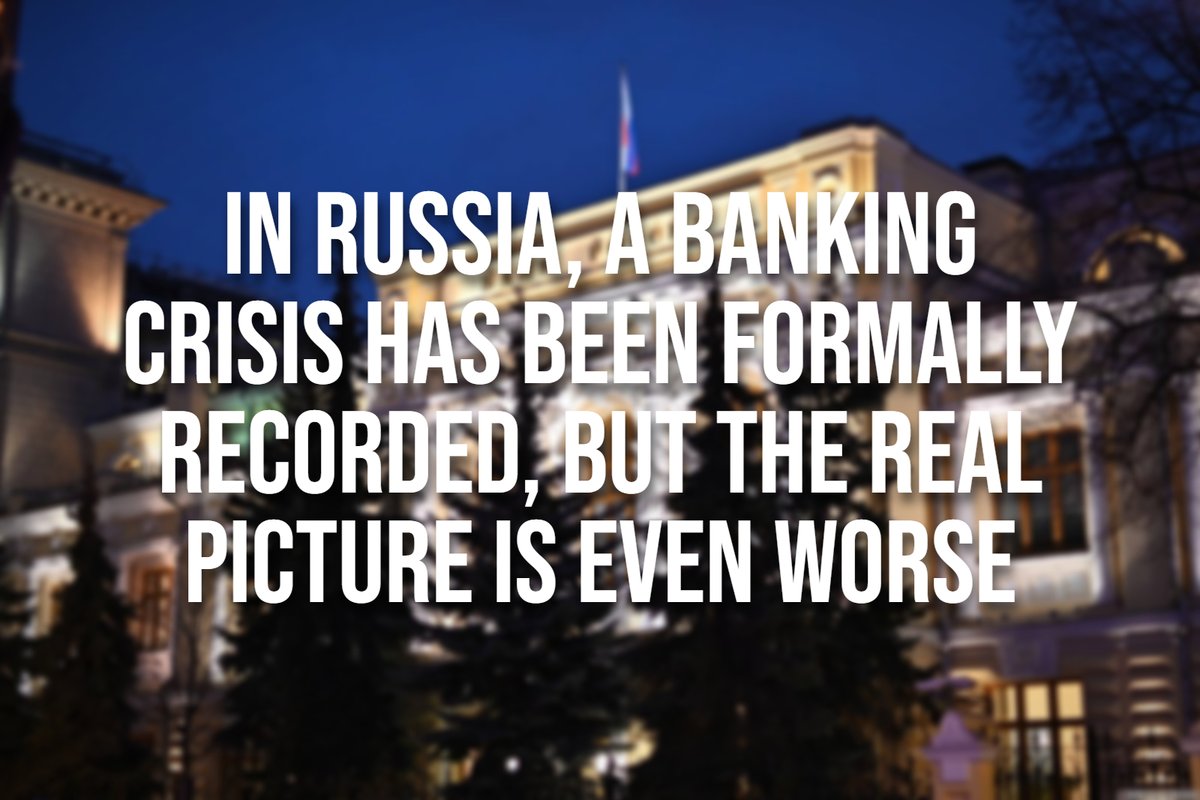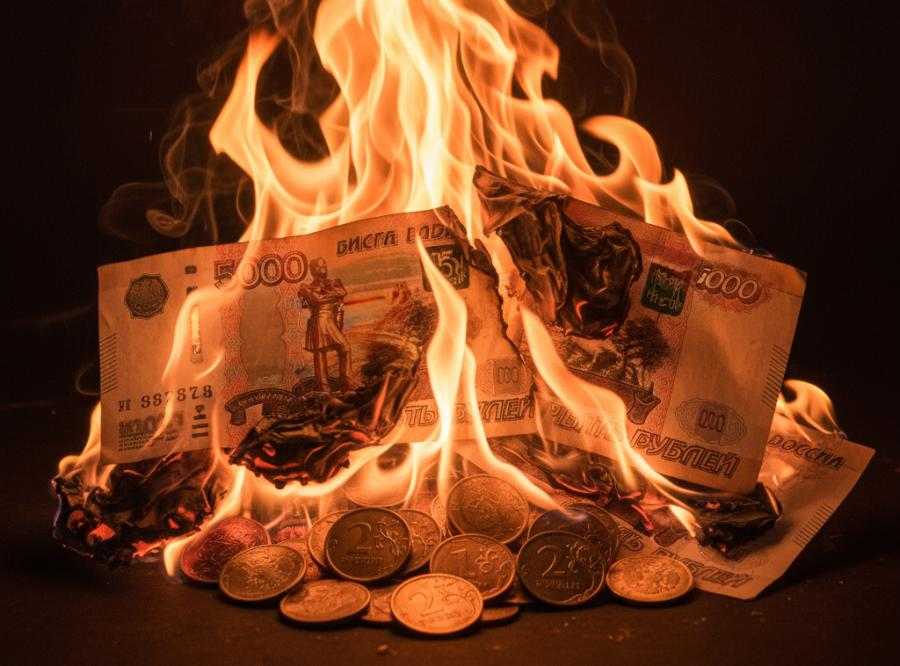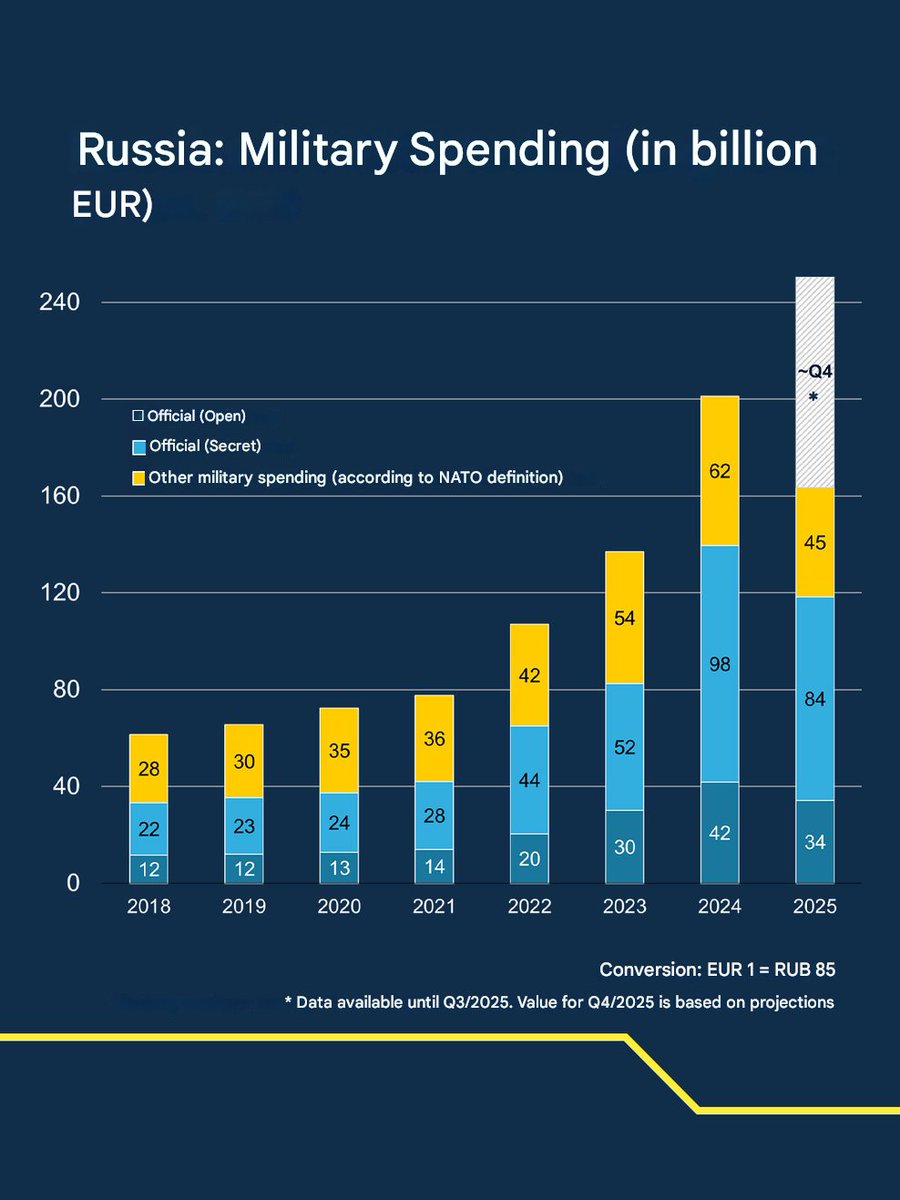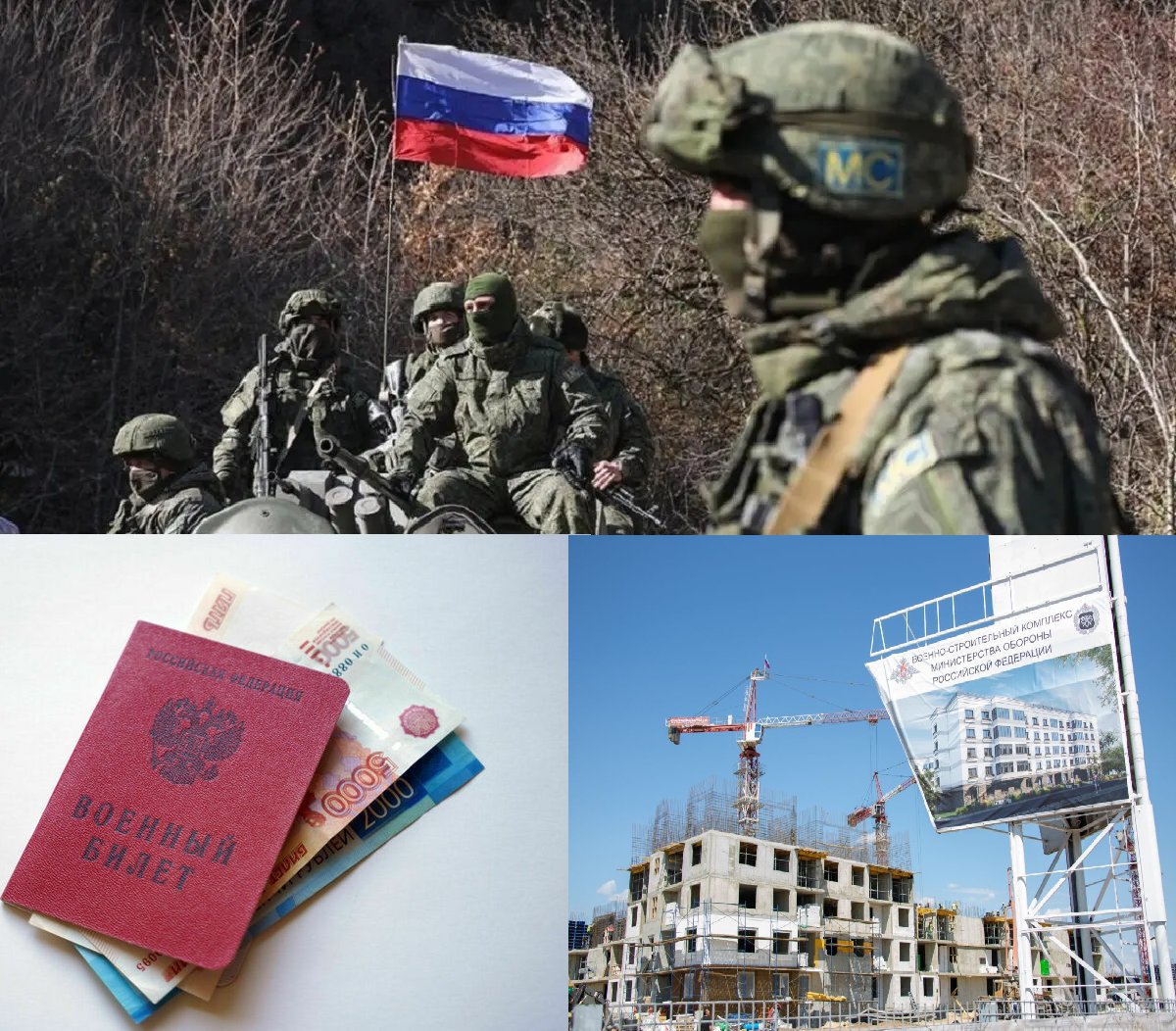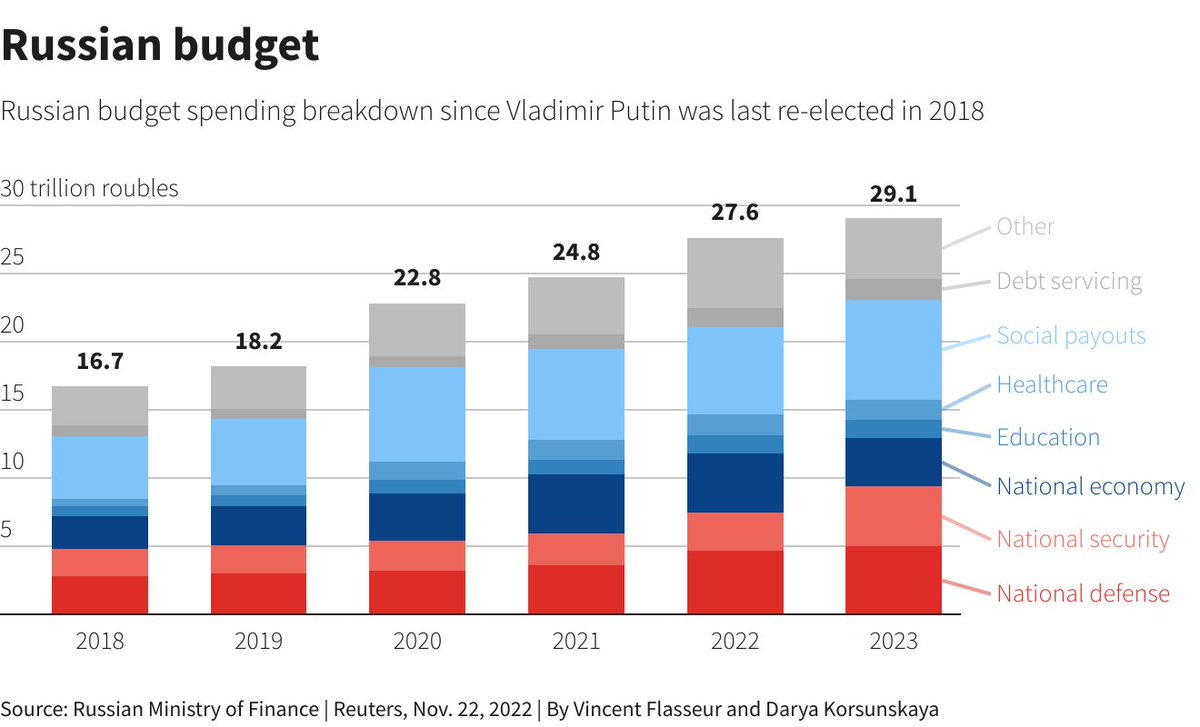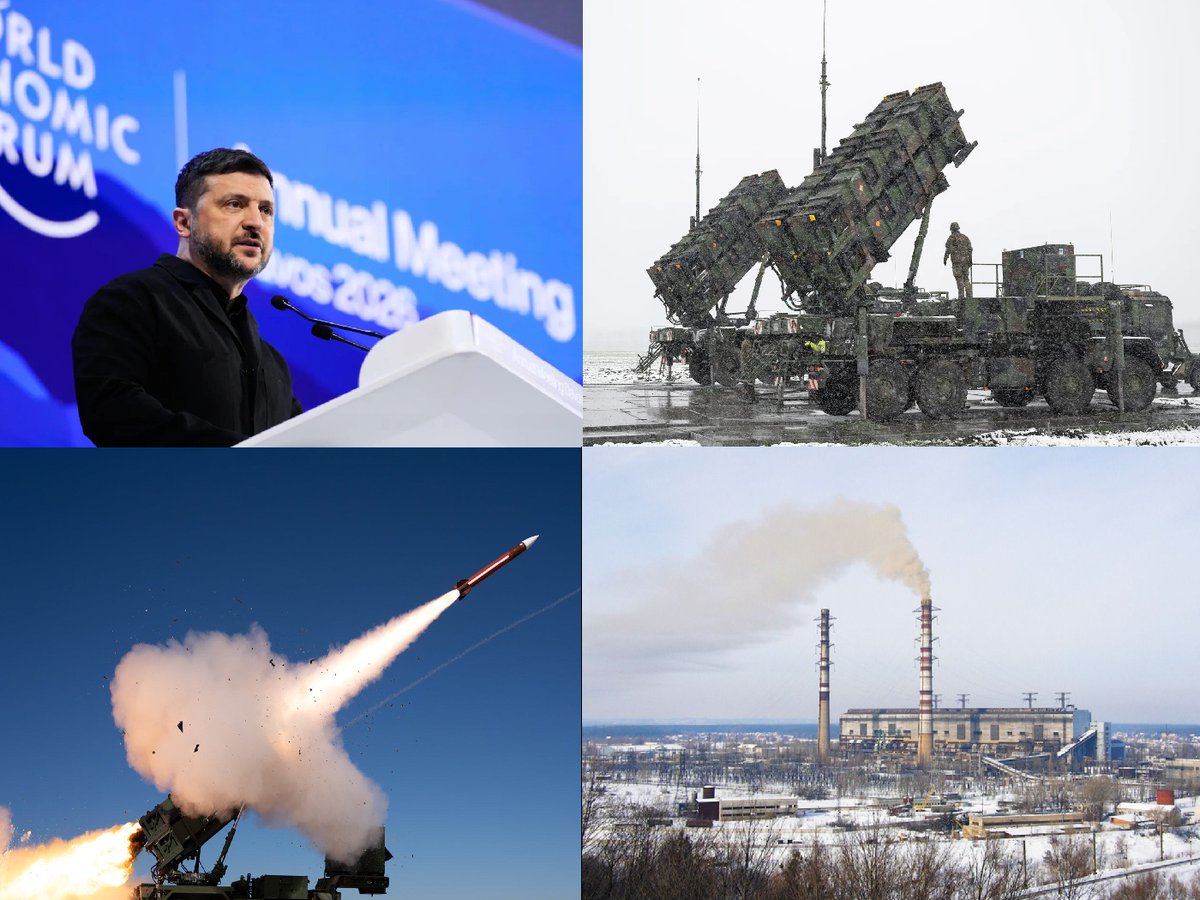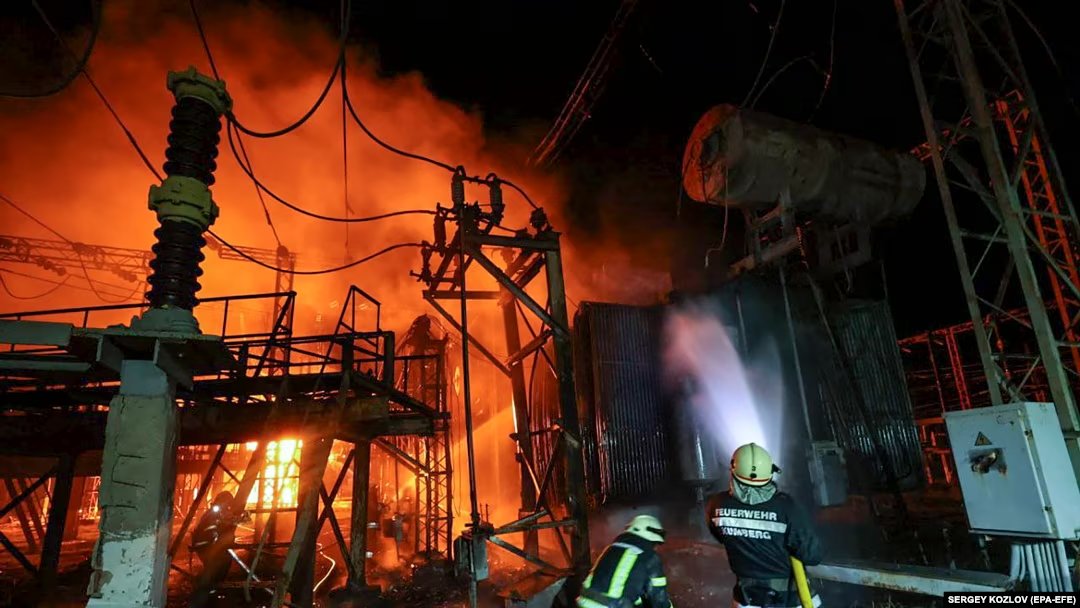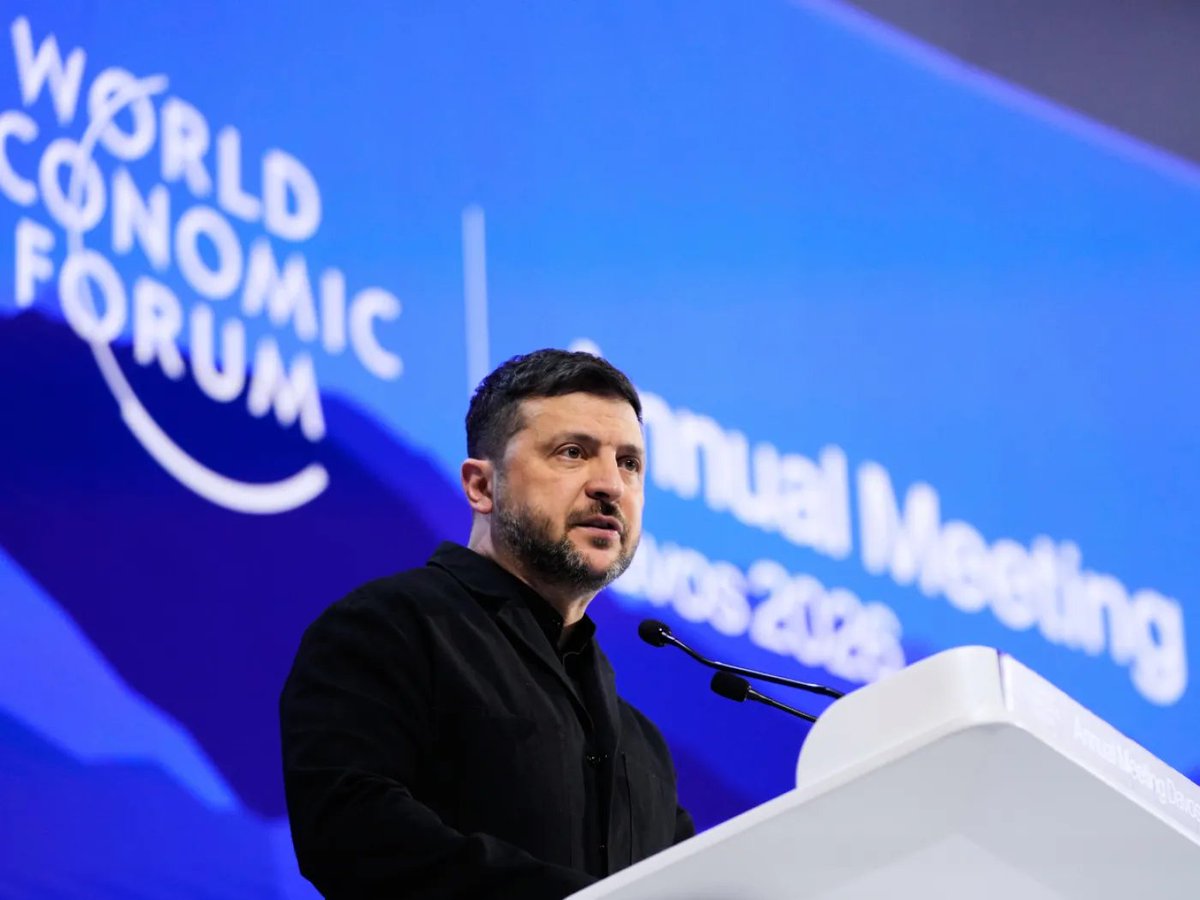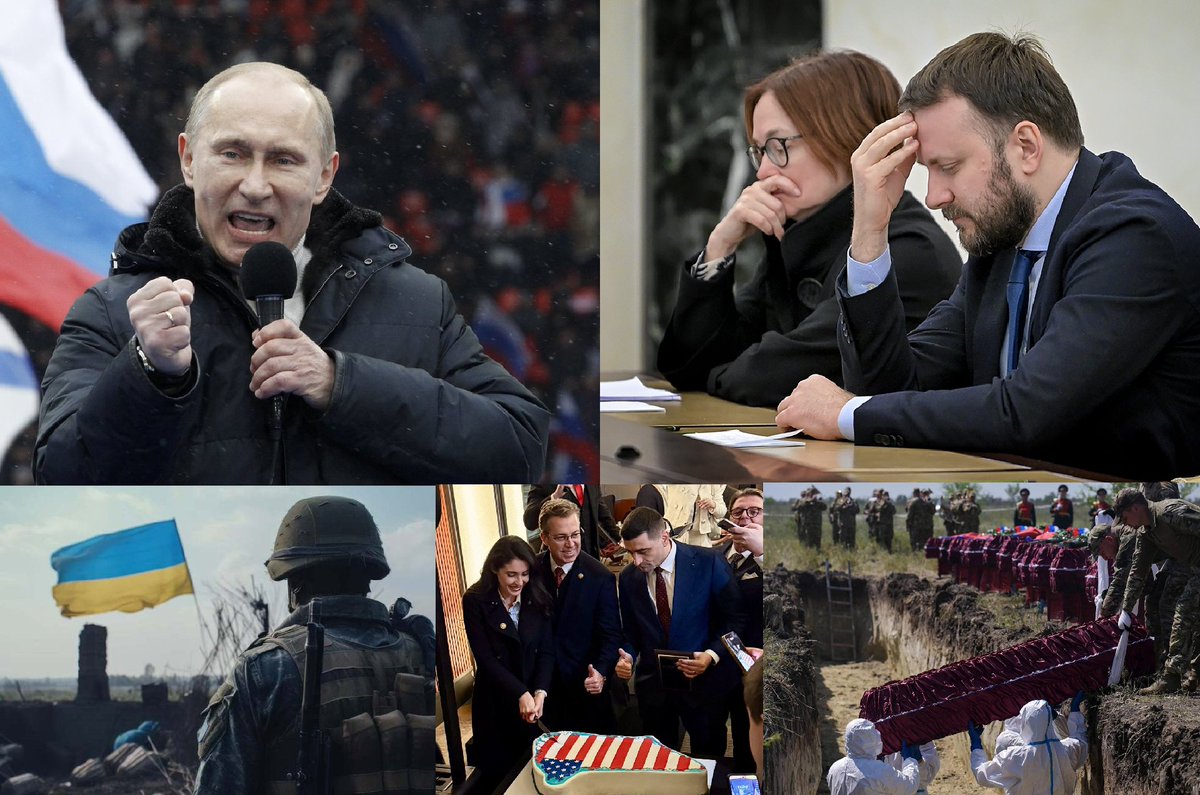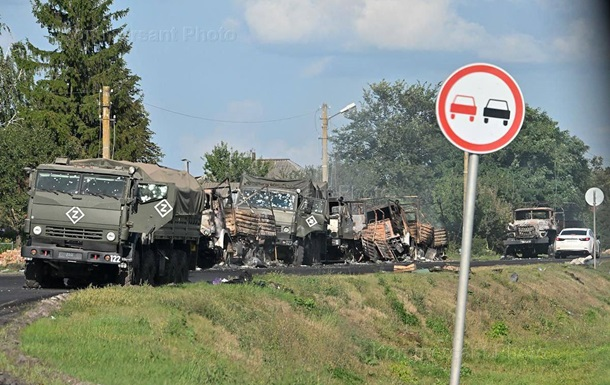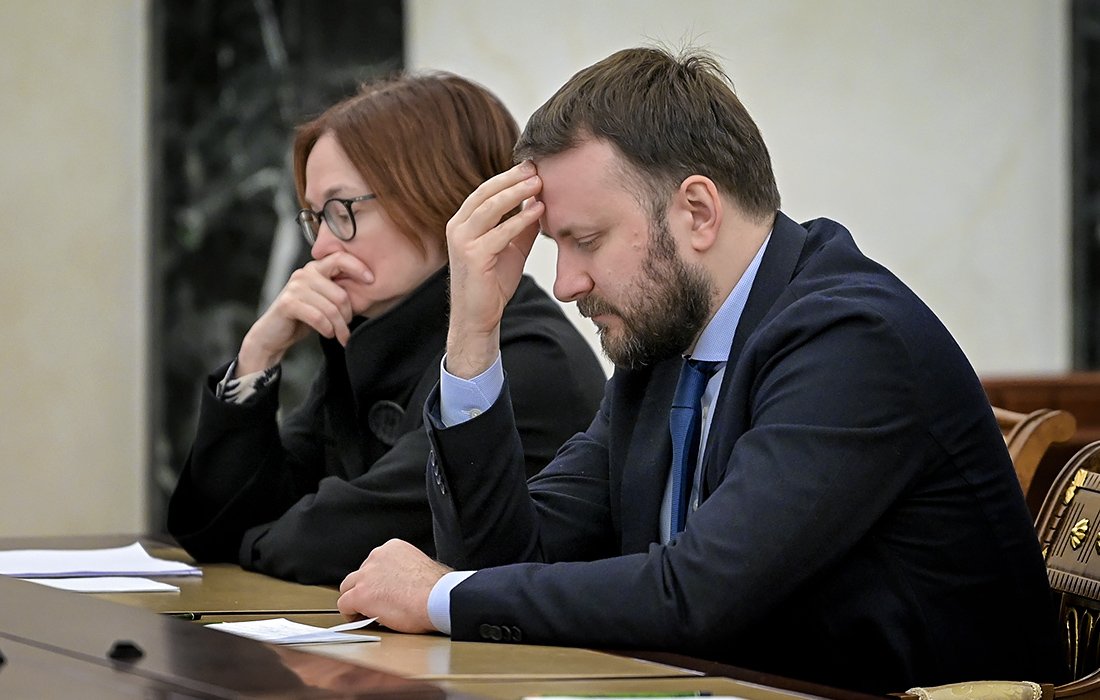The publication recorded an interview with a Russian occupier who fled to the West. “We really are fucking orcs”: the story of a grenade launcher deserter from “Storm Z”, who is now seeking political asylum. He told them what is happening in these
1/18 Verstka.ru

1/18 Verstka.ru

units. Even during training in the Kirov region, there were problems with equipment - “Everything is f*ked up there. They should have provided us with the basics. At least one set of clothes. By the time they registered us, by the time they took us to the clothing
2/18
2/18

warehouse... And all the workers there were drunk as skunks. The officers were 50/50, but the senior staff was just a little short of Yeltsin’s level. All the clothes were from the 60s and did not fit. Extortion began immediately. 500 rubles here, 500 rubles there. We
3/18
3/18

chipped in two or three thousand for spare parts for the equipment. They made up some stupid story, like because our reserve battalion is stationed in Kaliningrad, there are problems with delivering spare parts here, so we have to chip in for them ourselves. What kind of
4/18
4/18

nonsense is this, guys? " Anton (name changed at the narrator's request) is indignant. Anton managed to get the things he was supposed to get. Among them were the "Kolpak-20" - a repurposed Soviet helmet from the 1960s, a uniform ten sizes too big for him, and combat boots
5/18
5/18

four sizes too big. In the end, he bought the ammunition at his own expense. Resellers would come to the unit and sell him everything he needed. Of the six hundred people in his unit, forty remained alive after two months of assaults. "I spent two months in that s*ithole
6/18
6/18

near Kupyansk. It was just some kind of extermination. Only five or six people from one squad return alive. They also fu*ked up all the equipment. By the end, they simply mixed us up with the prisoners and just drove, drove, drove. How I survived is a good question.
7/18
7/18

I was just a grenade launcher, not an assault soldier, I didn’t go in. We worked from closed positions. Direct fire is not an option in these fields,” Anton recalls. According to him, in an ideal scenario, an assault occurs in several stages. First, the artillery processes
8/18
8/18

the terrain, then the infantry storms the positions, followed by a fortification group, and then come the evacuation and supply groups, which must carry out the wounded and dead and deliver ammunition, water and food. But as a rule, they all get mixed up at the front lines,
9/18
9/18

and the infantry often scatters on the approaches to enemy positions. “The composition of the assault squad varies. It depends on how many people are added to the prisoners. On average, from 90 to 120 people. Sometimes they drive equipment. We go to storm a forest belt.
10/18
10/18

Somewhere there are dugouts and everything is prepared, somewhere everything is hastily. If you get into the "Storm" infantry, you are fu*ked. "In 9 cases out of 10, the infantry gets fu*ked up on the approach." "We heard our comrades talking, but we couldn't answer.
11/18
11/18

There was a breakthrough in their area. It wasn't just the "Storm" there, but also the remnants of the border guards. In the meantime, it turned out that an entire platoon had been dismantled in the forest regiment. Four 200s. We were sent there for evacuation. Another
12/18
12/18

wounded man later died in the hospital, I personally carried him out. About a week later, two 500s were brought in, they got away under the noise," Anton recalls. Later that day, they went to evacuate the wounded and dead from the battlefield. Anton had not been in the
13/18
13/18

evacuation group before, but he replaced his dead comrade. The medics couldn't handle it. After the evacuation, the group abandoned their weapons and armor, which weighed up to 50 kg, on the battlefield and walked five kilometers back to school. There, a space had already
14/18
14/18

been equipped for them in the basement, where there was a canteen. They slept off and went back to get weapons where the fighting had recently taken place. Anton marked the location of his grenade launcher on the map with an asterisk. “If you screw up the grenade launcher,
15/18
15/18

you’ll be transferred to the infantry, and the infantry is certain death. There are machine guns and assault rifles like garbage, and it’s hard to give birth to something heavier. The commander once opened up and said: “I don’t give a s*it about you, pencils, they’ll
16/18
16/18

send me as many of you as I need, and they’ll seriously fu*k me for the equipment I screwed up, a bunch of paperwork.” It’s generally visible. In “Storms,” losses reach 90%,” says Anton.
17/18
17/18

So, this interview paints a picture of what’s happening in the Russian troops, supplementing the known facts.
Source:
18/18verstka.media/istoriya-grana…
Source:
18/18verstka.media/istoriya-grana…
• • •
Missing some Tweet in this thread? You can try to
force a refresh



